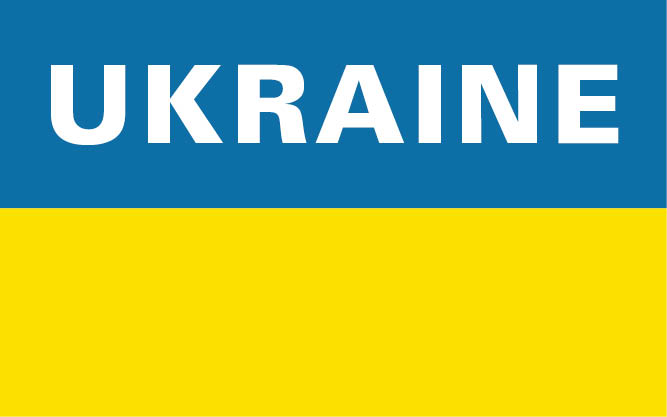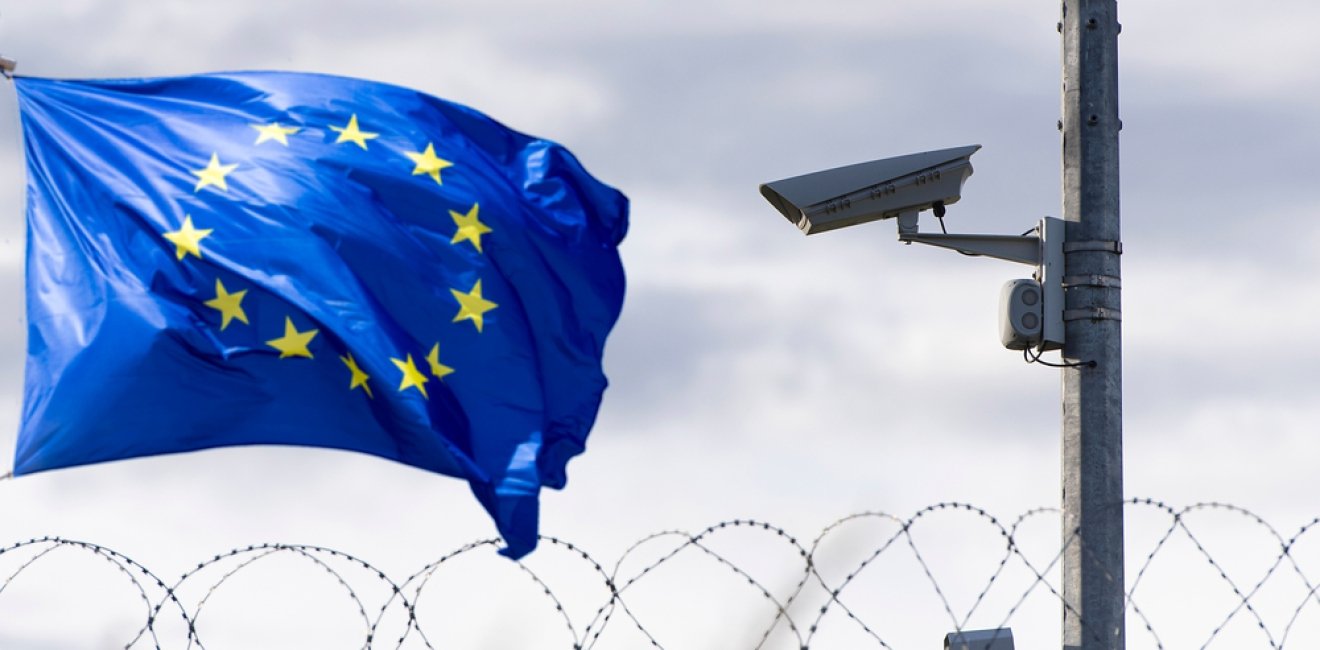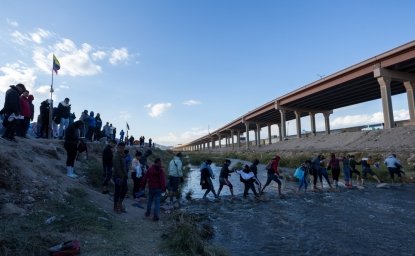In 2019, the last time European Union (EU) citizens went to the polls to elect their European Parliament (EP) representatives, economy, climate change, and human rights topped voters’ concerns across the Union. Migration did not feature among voters’ top concerns in most EU states. Having caused a great deal of anxiety before, including party realignments, new party formations, and a rise in xenophobic rhetoric, the issue of migration appeared less salient than it was at the peak of the 2015-2016 migration and refugee crisis. Five years later and given Russia’s war against Ukraine and the geopolitical and economic environment the war has led to, it is safe to assume that migration will hardly dominate the headlines in the two months remaining before polls open, with the debate on a defense union for Europe and ways to finance it, dominating instead.
Is Immigration Less Important to Europeans?
A study by the European Council on Foreign Relations (ECFR) appears to confirm the relatively low salience for the migration issue, pointing to how so-called “voters tribes” perceive various crises and feel affected by them. Migration is but one major issue for voters, according to this 11-country survey, and only in Germany does it register as the most impactful for peoples’ everyday lives. Russia’s war against Ukraine, COVID-19, the state of the economy and climate change are the other crises, and they reverberate across the old Continent.
Nonetheless, migration still constitutes a very important policy issue as it is deeply intertwined with voters’ pre-existing beliefs, cognitive bias and predispositions, all things which are hard to change and hardly subject to rational pre-election arguments. This could mean that migration may appear less significant in the current election cycle yet affects both how voters evaluate party platforms and the way in which parties position themselves ahead of the June poll.
Externalizing Border Control
There are several important aspects to the migration debate with general repercussions on European politics. Given the salience of the issue in the past years and its continued importance, the EU has sought to curb the flow of migrants through the Mediterranean and western Africa by use of its financial firepower. Starting with Turkey in 2015 and 2016 during the peak of the Syrian refugee crisis, and continuing with Tunisia in 2023, and Mauritania and Egypt in 2024, the Union has struck broad-ranging agreements with a host of third countries. According to the European Commission, the much-needed stability in those countries will allow them to partner effectively with EU authorities so as to get the EU border under control from human traffickers and smugglers.
The situation on Europe’s border has worsened over time. Thousands of people have been victims to unscrupulous human traffickers and lost their lives attempting to cross the Mediterranean Sea to reach EU territory, where European governments refuse to accept them. Critics have been vocal when it comes to the agreements mentioned earlier. NGOs, human rights organizations, and academics have criticized the EU’s “organized hypocrisy”, pointing to the Union’s willingness to work with regimes it used to criticize in the name of “stability”.
Regardless of the merits of the specific argument, there is little doubt that the EU’s normative appeal, and the extent to which it can present itself as a beacon of freedom to the oppressed that seek refuge in its territory, has been heavily compromised in recent years. It is true that handling large numbers of migrants appearing at one’s borders is never an easy task. However, the EU has struggled to use its existing policy instruments or invent new ones—case in point being the recently adopted New Pact on Migration and Asylum—to lower the burden on its southern member states. Usually, the first point of call for migrants, these states have been disproportionately affected by the EU’s inability to relocate migrants more equally across its member states and assist national governments as well as local communities with the difficult task of making sure they are treated as fairly as possible.
Migration and the EU Debate
How the EU deals with migration has wider repercussions, which are not limited to its “soft power credentials” abroad. Its internal politics are also affected. Migration used to be an issue owned by the far-right, which appealed to a widespread sense of unease and insecurity among the population to score points among the electorate. Importantly, the voters willing to heed the far right’s message tend to be already positively predisposed to its overall political message, suggesting that attempts to dissuade its supporters from holding extreme views will often be futile.
What has been a political game-changer, however, has been the instrumentalization of the migration debate (and not the migration issue itself, which is very complicated and not subject to ready-made political recipes that can make it go away). In an attempt to appeal to disillusioned voters, the political center, and particularly the center-right parties that have long governed EU member states, have in recent years sought to converge their political message with that of the far right. The clearest example is the pre-election manifesto of the center-right European People’s Party (EPP), which has pledged to deport asylum seekers to “safe” third countries, in a nod to the “stop the boats” campaign adopted by the current UK government and its attempts to fly asylum-seekers to Rwanda. Critics have argued that the danger here is the normalization of a discourse that sees migration as inherently dangerous and associated with “un-European” cultural and civic practices. After all, the same argument goes, mainstream parties have tended to lose support in recent elections when spotlight was put on migration, with voters that are keen on a “hard” stance on migration preferring the lure of anti-establishment parties.
Conclusion
Migration is a complex political issue that reverberates across the United States, Europe and beyond. Although it is currently not as high on the EU’s political agenda as in recent years, the discourse shift on the topic reveals that the EU now takes a much harder stance compared to the past. The extent to which a tougher stance will be enough to assuage voters’ fears and allow for an effective as well as fair policy, remains to be seen.
Author

Professor of International Relations; Head, EU Projects and Partnerships at the Center for EU and Transatlantic Studies (CEUTS), Virginia Tech; Adjunct Professor, Georgetown University; Jean Monnet Chair in European Politics

Global Europe Program
The Global Europe Program is focused on Europe’s capabilities, and how it engages on critical global issues. We investigate European approaches to critical global issues. We examine Europe’s relations with Russia and Eurasia, China and the Indo-Pacific, the Middle East and Africa. Our initiatives include “Ukraine in Europe”—an examination of what it will take to make Ukraine’s European future a reality. But we also examine the role of NATO, the European Union and the OSCE, Europe’s energy security, transatlantic trade disputes, and challenges to democracy. The Global Europe Program’s staff, scholars-in-residence, and Global Fellows participate in seminars, policy study groups, and international conferences to provide analytical recommendations to policy makers and the media. Read more


Refugee and Forced Displacement Initiative
The Refugee and Forced Displacement Initiative (RAFDI) provides evidence-based analyses that translate research findings into practice and policy impact. Established in 2022 as a response to an ever-increasing number of people forcibly displaced from their homes by protracted conflicts and persecution, RAFDI aims to expand the space for new perspectives, constructive dialogue and sustainable solutions to inform policies that will improve the future for the displaced people. Read more







